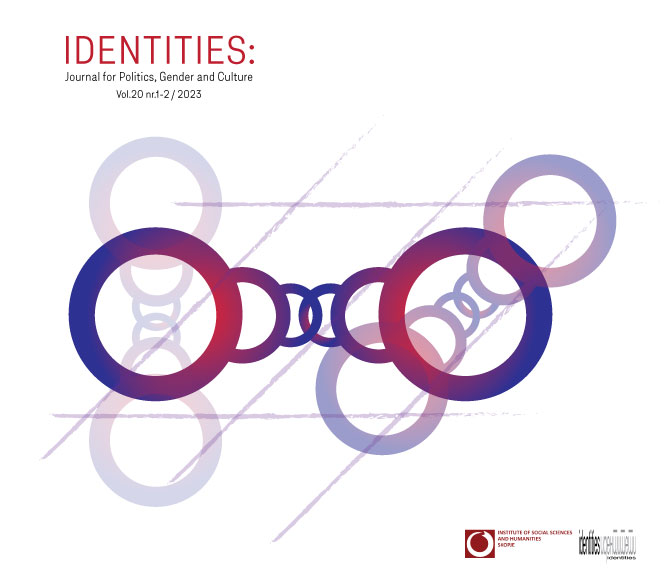EU Enlargement and Geopolitics: Is it Relevant Today?
Keywords:
geopolitics, enlargement, European Union, internal reformsAbstract
After the Russian full-scale invasion in Ukraine geopolitics has entered anew the European integration vocabulary. The EU official rhetoric consistently reiterates geopolitics as a driving factor for its renewed enlargement mobilization. The swift appearance of the enlargement perspective for Ukraine and Moldova as well as the pursiut of geopolitical momentum for the approximation with the Western Balkans countries provoked diverse reactions from enthusiasm to questions about the practical consequences for the EU, its enlargement policy and the particular member states. This article raises the argument that the EU’s geopolitical rhetoric plays much more important role in the search for an exit from the EU’s internal political deadlock, than as a genuinely new geopolitical boost that will revive or speed up the enlargement process. The geopolitical argument aims to instrumentalize the enlargement policy in search of a new step towards the deepening of the European integration, making enlargement a hostage to EU’s internal problems.
Author(s): Spasimir Domaradzki
Title (English): EU Enlargement and Geopolitics: Is it Relevant Today?
Journal Reference: Identities: Journal for Politics, Gender and Culture, Vol. 20, No. 1-2 (2023).
Publisher: Institute of Social Sciences and Humanities - Skopje
Page Range: 20-31
Page Count: 12
Citation (English): Spasimir Domaradzki, "EU Enlargement and Geopolitics: Is it Relevant Today?,” Identities: Journal for Politics, Gender and Culture, Vol. 20, No. 1-2 (2023): 20-31.

Downloads
Published
How to Cite
Issue
Section
License
Copyright (c) 2023 Identities: Journal for Politics, Gender and Culture

This work is licensed under a Creative Commons Attribution-NonCommercial-NoDerivatives 4.0 International License.
Identities is published under the following license: Creative Commons Attribution-NonCommercial-NoDerivatives 4.0 International (CC BY-NC-ND 4.0). Under this license, users of our content must give appropriate credit to authors and source as well as indicate if changes were made, cannot be used for commercial purposes, and, in the instance that it is built upon or transformed, may not be distributed. For Identities, the copyrights allow the audience to download, reprint, quote in length and/or copy articles published by Identities so long as the authors and source are cited. For more information on our license, see the following: https://creativecommons.org/licenses/by-nc-nd/4.0.








